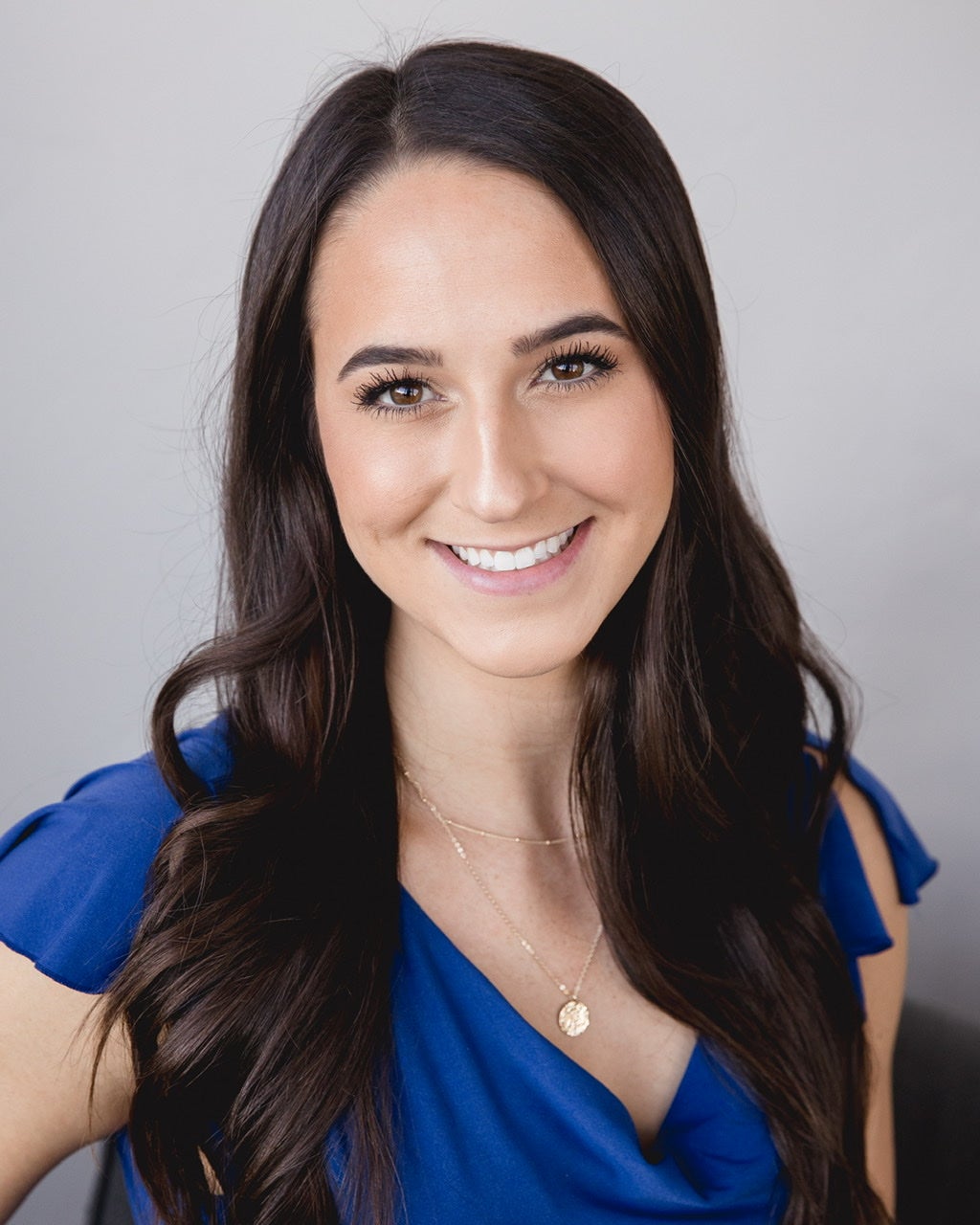
Name:
Sydney Pulsipher ‘22
Degree:
Master of Public Health in Leadership Services and Certified in Data-Driven Decision Making
Why did you choose to pursue a degree with the School of Public and Population Health?
I first got my undergraduate degree in Microbiology at the University of Idaho because I thought I wanted to go to med school. I didn’t like the competitive nature of that track and decided to pursue public health instead. I already knew I wanted to get my masters during undergrad and having a program close to home and family felt like a no-brainer. I also felt like I had the opportunity to pursue something new and thought being able to help develop the new program could be a good experience.
Where are you working now and how are you using your degree?
Just a few weeks after graduation, I got a job working remotely at (The) Mayo Clinic as a Statistical Programmer in their Cancer Clinical Trials department. Mayo Clinic was looking for someone with some coding experience and a desire to learn. I can confidently say the Data-Driven Decision Making certificate played the biggest role in supporting this job opportunity. The courses in the DDDM track exposed me to R and SPSS and helped me develop a library of resources that I still use today.
How do you think your degree best prepared you for a career in health?
During my time in the program, I sought out as many opportunities as I could. I served as a graduate assistant my first year of the program, completed an internship during my second year, and took an independent study course during the third year (I was also a part-time student).
By my final year of the program I knew that I wanted to enter the realm of data analytics. My passions were clear and I could see my future career path forming. My GA position and internship provided research experience, whereas my independent study helped develop my coding skills. In my opinion, it was a culmination of my education and these experiences that helped best prepare me for this career.
What advice do you have for future health professionals?
Get involved and get uncomfortable. I can’t tell you how many times over the last few years I thought I was out of my element , but I can tell you that every time new opportunities seemed to present themselves. Those “years of experience” that employers seem to want entry in level jobs can now be obtained during your time in college. So get involved in research, ask a professor to lead you through an independent study, find local community members to serve as your mentor, and never be afraid to put yourself out there and get uncomfortable because we all start somewhere.
What was the best part of your experience with SPPH?
The best part of my experience with SPPH was connecting with professors and feeling supported by peers, especially toward the end of the program. As you progress through the program, it feels like you are surrounded by people with similar specific interests. For me, Clinical Associate Professor Kirk Ketelsen was a great mentor and resource for navigating my new found interests.
While the end goal is always to help people, the ways in which we strive to do so doesn’t always look identical. This program is great at allowing a sense of fluidity that keeps you aligned with your interests.